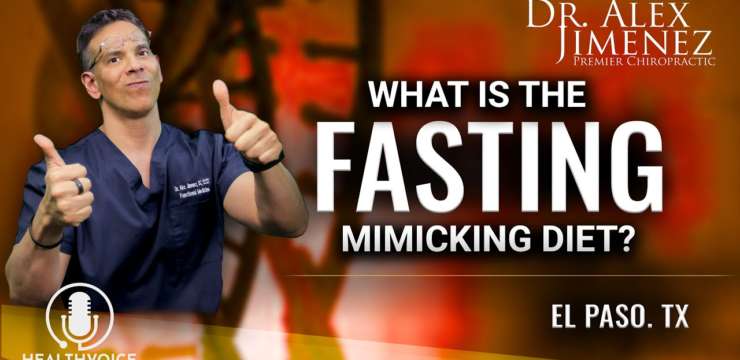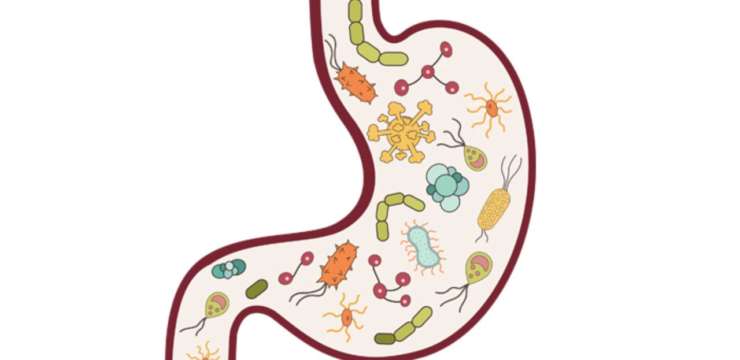Sugar Hangovers: Real Effects and Recovery at El Paso, TX Health Coach Clinic Have you ever felt awful after eating too much candy or sugary…
Adrenal Fatigue (AF) Basal Metabolic Index (BMI) Detoxification Diets Fasting Health Functional Medicine Gut and Intestinal Health Health Health Coach Heart Health Inflammation Integrative Medicine Intermittent Fasting Mediterranean Diet Mental Health Nutrition and Wellness Obesity Oxidative Stress Probiotics Stress Supplements Supplements Wellness
January 28, 2026
46Views 0Reactions 0Comments
Adrenal Fatigue (AF) Basal Metabolic Index (BMI) Detoxification Diets Fasting Health Functional Medicine Gut and Intestinal Health Health Health Coach Heart Health Inflammation Integrative Medicine Intermittent Fasting Mediterranean Diet Mental Health Nutrition and Wellness Obesity Oxidative Stress Probiotics Stress Supplements Supplements Wellness
January 28, 2026
46Views 0Reactions 0Comments
Sugar Hangovers: Real Effects and Recovery Strategies
Adrenal Fatigue (AF) Basal Metabolic Index (BMI) Detoxification Diets Fasting Health Functional Medicine Gut and Intestinal Health Health Health Coach Heart Health Inflammation Integrative Medicine Intermittent Fasting Mediterranean Diet Mental Health Nutrition and Wellness Obesity Oxidative Stress Probiotics Stress Supplements Supplements Wellness
January 28, 2026
46Views 0Reactions 0Comments
Adrenal Fatigue (AF) Basal Metabolic Index (BMI) Detoxification Diets Fasting Health Functional Medicine Gut and Intestinal Health Health Health Coach Heart Health Inflammation Integrative Medicine Intermittent Fasting Mediterranean Diet Mental Health Nutrition and Wellness Obesity Oxidative Stress Probiotics Stress Supplements Supplements Wellness
January 28, 2026
46Views 0Reactions 0Comments








